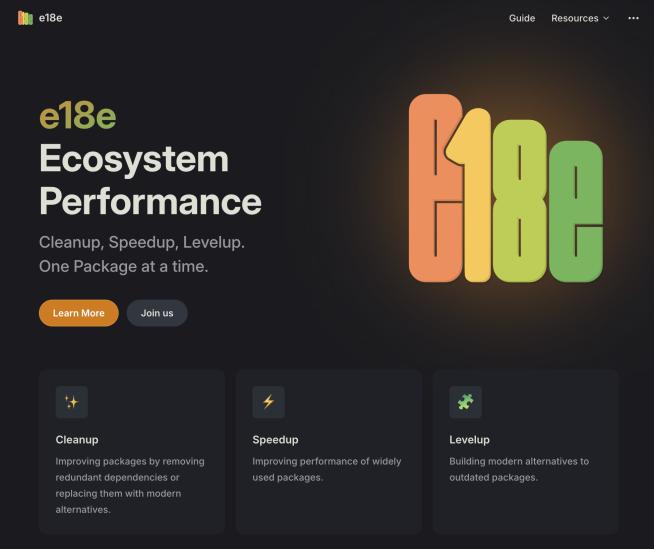Nock
HTTP Server mocking for Node.js
Nock can be used to test modules that perform HTTP requests in isolation.
For instance, if a module performs HTTP requests to a CouchDB server or makes HTTP requests to the Amazon API, you can test that module in isolation.
Install
$ npm install nock
Use
On your test, you can setup your mocking object like this:
var nock = require('nock');
var couchdb = nock('http://myapp.iriscouch.com')
.get('/users/1')
.reply(200, {_id: "123ABC", _rev: "946B7D1C", username: 'pgte', email: 'pedro.teixeira@gmail.com'});
This setup says that we will intercept every HTTP call to http://myapp.iriscouch.com.
It will intercept an HTTP GET request to '/users/1' and reply with a status 404.
Then the test can call the module, and the module will do the HTTP requests.
Specifying replies
You can specify the return status code for a path on the first argument of reply like this:
var couchdb = nock('http://myapp.iriscouch.com')
.get('/users/1')
.reply(404);
You can also specify the reply body as a string:
var couchdb = nock('http://www.google.com')
.get('/')
.reply(200, "Hello from Google!");
as a JSON-encoded object:
var couchdb = nock('http://myapp.iriscouch.com')
.get('/')
.reply(200, {username: 'pgte', email: 'pedro.teixeira@gmail.com', _id: "4324243fsd"});
or even as a file:
var couchdb = nock('http://myapp.iriscouch.com')
.get('/')
.replyWithFile(200, __dirname + '/replies/user.json');
Chaining
You can chain behaviour like this:
var couchdb = nock('http://myapp.iriscouch.com')
.get('/users/1')
.reply(404)
.post('/users', {username: 'pgte', email: 'pedro.teixeira@gmail.com'})
.reply(201, {ok: true, id: "123ABC", rev: "946B7D1C"})
.get('/users/123ABC')
.reply(200, {_id: "123ABC", _rev: "946B7D1C", username: 'pgte', email: 'pedro.teixeira@gmail.com'});
Expectations
Every time an HTTP request is performed for a scope that is mocked, Nock expects to find a handler for it. If it doesn't, it will throw an error.
Calls to nock() return a scope which you can assert by calling scope.done(). This will assert that all specified calls on that scope were performed.
Example:
var google = nock('http://google.com')
.get('/')
.reply(200, 'Hello from Google!');
// do some stuff
setTimeout(function() {
google.done(); // will throw an assertion error if meanwhile a "GET http://google.com" was not performed.
});
How does it work?
Nock works by overriding Node's http.request function.



